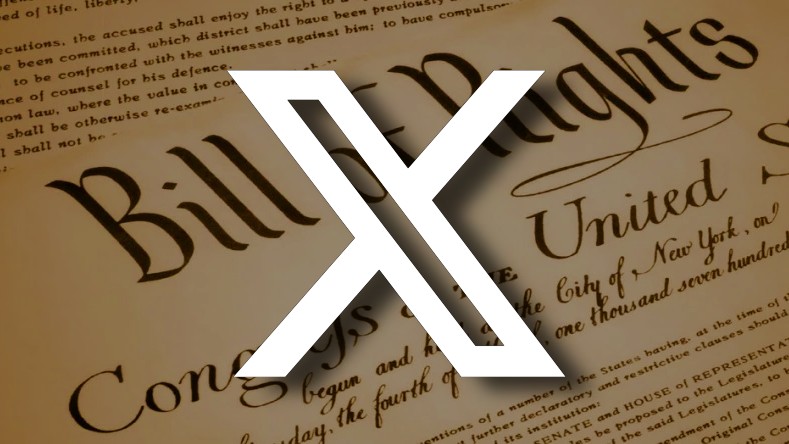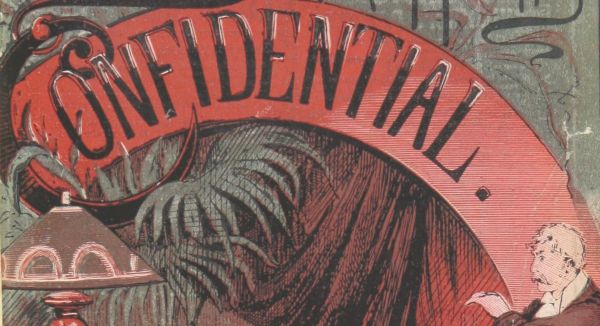
Ohio passed a law called the Parental Notification by Social Media Operators Act which sought to require certain categories of online services to obtain parental consent before allowing any unemancipated child under the age of sixteen to register or create accounts with the service.
Plaintiff internet trade association – representing platforms including Google, Meta, X, Nextdoor, and Pinterest – sought a preliminary injunction that would prohibit the State’s attorney general from enforcing the law. Finding the law to be unconstitutional, the court granted the preliminary injunction.
Likelihood of success on the merits: First Amendment Free Speech
The court found that plaintiff was likely to succeed on its constitutional claims. Rejecting the State’s argument that the law sought only to regulate commerce (i.e., the contracts governing use of social media platforms) and not speech, it held that the statute was a restriction on speech, implicating the First Amendment. It held that the law was a content-based restriction because the social media features the statute singled out in defining which platforms were subject to the law – e.g., the ability to interact socially with others – were “inextricable from the content produced by those features.” And the law violated the rights of minors living in Ohio because it infringed on minors’ rights to both access and produce First Amendment protected speech.
Given these attributes of the law, the court applied strict scrutiny to the statute. The court held that the statute failed to pass strict scrutiny for several reasons. First, the Act was not narrowly tailored to address the specific harms identified by the State, such as protecting minors from oppressive contract terms with social media platforms. Instead of targeting the contract terms directly, the Act broadly regulated access to and dissemination of speech, making it under-inclusive in addressing the specific issue of contract terms and over-inclusive by imposing sweeping restrictions on speech. Second, while the State aimed to protect minors from mental health issues and sexual predation related to social media use, the Act’s approach of requiring parental consent for minors under sixteen to access all covered websites was an untargeted and blunt instrument, failing to directly address the nuanced risks posed by specific features of social media platforms. Finally, in attempting to bolster parental authority, the Act mirrored previously rejected arguments that imposing speech restrictions, subject to parental veto, was a legitimate means of aiding parental control, making it over-inclusive by enforcing broad speech restrictions rather than focusing on the interests of genuinely concerned parents.
Likelihood of success on the merits: Fourteenth Amendment Due Process
The statute violated the Due Process Clause of the Fourteenth Amendment because its vague language failed to provide clear notice to operators of online services about the conduct that was forbidden or required. The Act’s broad and undefined criteria for determining applicable websites, such as targeting children or being reasonably anticipated to be accessed by children, left operators uncertain about their legal obligations. The inclusion of an eleven-factor list intended to clarify applicability, which contained vague and subjective elements like “design elements” and “language,” further contributed to the lack of precise guidance. The Act’s exception for “established” and “widely recognized” media outlets without clear definitions for these terms introduced additional ambiguity, risking arbitrary enforcement. Despite the State highlighting less vague aspects of the Act and drawing parallels with the federal Children Online Privacy Protection Act of 1998 (COPPA), these did not alleviate the overall vagueness, particularly with the Act’s broad and subjective exceptions.
Irreparable harm and balancing of the equities
The court found that plaintiff’s members would face irreparable harm through non-recoverable compliance costs and the potential for civil liability if the Act were enforced, as these monetary harms could not be fully compensated. Moreover, the Act’s infringement on constitutional rights, including those protected under the First Amendment, constituted irreparable harm since the loss of such freedoms, even for short durations, is considered significant.
The balance of equities and the public interest did not favor enforcing a statute that potentially violated constitutional principles, as the enforcement of unconstitutional laws serves no legitimate public interest. The argument that the Act aimed to protect minors did not outweigh the importance of upholding constitutional rights, especially when the statute’s measures were not narrowly tailored to address specific harms. Therefore, the potential harm to plaintiff’s members and the broader implications for constitutional rights underscored the lack of public interest in enforcing this statute.
NetChoice, LLC v. Yost, 2024 WL 55904 (S.D. Ohio, February 12, 2024)
See also:






